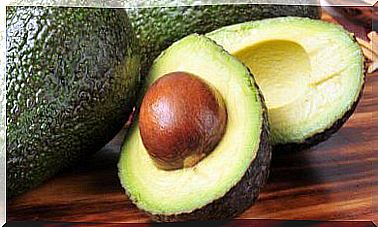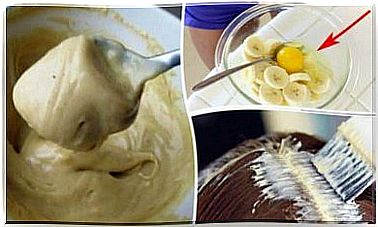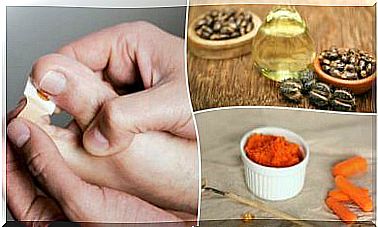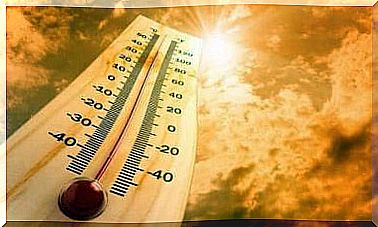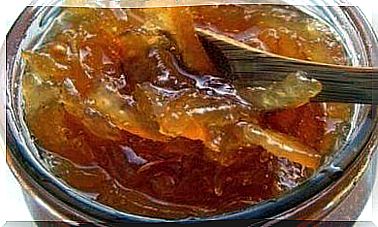What Are The Reasons Why Someone Has Thick Saliva?

Saliva is important for the oral cavity to function properly, as it keeps all the tissues moist and helps to clean the mouth. If you notice that you have thick saliva, this is probably due to an imbalance.
First, it is important to know that the salivary glands produce saliva. Various morphological changes in saliva occur when these glands change – perhaps due to cytotoxic drugs and radiation, as well as some other reasons. Thus, the saliva becomes sticky and viscous and therefore thicker.
Apart from the usual discomfort, this can also lead to problems with speech, swallowing and even breathing. That said, how can you solve this problem?
The causes of thick saliva
Thick saliva can be due to various conditions, for example:
- Arterial hypertension
- Diabetes
- Kidney problems
- Salivary duct stones or other obstructions
- Cancer
- Parkinson’s disease
- HIV
- Oral infections
- Punch
It can also be due to dry mouth or irritation due to hormonal changes, especially in women over 40 years. As you can see, aging is an important reason.
Another common cause is the side effects of chemotherapy, antihistamines, antidepressants, diuretics or painkillers.
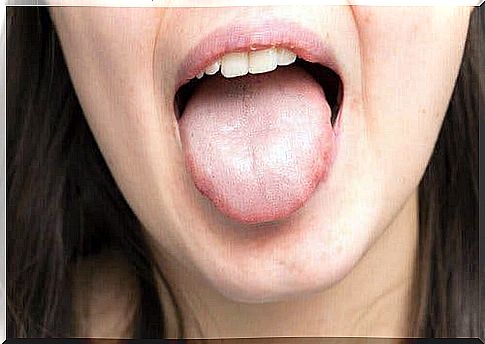
What problems can it cause?
When saliva is too thick, it affects the way you swallow. Then you end up sucking in instead of swallowing due to reduced lubrication in the oral cavity. Over time, this can lead to aspiration.
The dry and viscous mouthfeel also leads to bad breath as well as difficulty swallowing, chewing and talking. It also causes an increase in cavities and gum disease. In addition, the tongue becomes dry. This not only changes your sense of taste, it also creates cracks in the tongue. Mouth sores and chapped lips are also very common.
Diagnosis
There is a way to evaluate saliva flow, called sialometry. It only evaluates the amount of saliva. Doctors can also take a biopsy of the salivary glands to analyze them and find out if there are any pathological problems.
Treatment
There is no treatment for when the salivary glands are damaged. However, there are some tips for thinning out thick saliva:
- Drink more water.
- Soak your food with sauces, broths, etc.
- Use a humidifier.
- Sleep with your head in an elevated position.
- Gargle.
- Brush your teeth often.
- Chewing gum often.
- Limit the use of alcohol and tobacco.
- Reduce the intake of spicy foods.
Dental treatments for thick saliva
It is also important to keep in mind any existing illnesses or medications that a person is taking, along with psychological factors. In some cases, a doctor may recommend stimulants for increased saliva production or saliva replacement such as Xylitol, aloe vera or fluorine.

Xylitol remineralizes, prevents tooth decay, and acts as a lubricant. Aloe vera helps to heal and prevent sores and cracks, both on the tongue and lips. As you can see, these drugs can improve your symptoms.
Oral hygiene is important. Then make it a habit to clean your mouth thoroughly with a brush and toothpaste. You may also want to use mouthwash and lubricating gels, as they are very helpful for patients with this problem.

